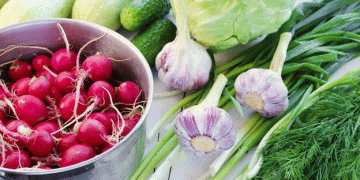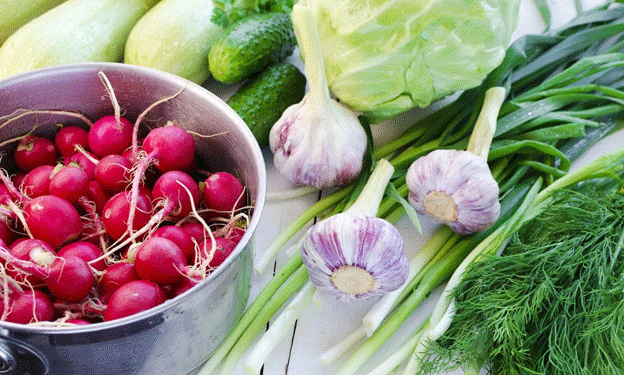Sustainability, once a driving force in consumer behavior in Germany, is now increasingly viewed as a luxury, not a necessity. According to the latest NIQ (formerly NielsenIQ) study, more Germans are experiencing less guilt about engaging in environmentally unfriendly behavior. The findings suggest that economic concerns — particularly inflation and cost-of-living pressures — are causing a measurable shift in values.
Key Findings from the NIQ Study
- A growing number of consumers say they can no longer afford to prioritize sustainability in daily purchases.
- Eco-conscious behavior, once considered a personal responsibility, is now seen by many as an optional premium.
- Guilt around unecological choices has significantly decreased since 2020, reflecting changing public sentiment amid ongoing economic uncertainty.
This shift has implications for sectors closely linked to sustainability narratives — including agriculture, where the drive toward organic farming, climate-smart practices, and circular economy models has been gaining momentum over the past decade.
Impact on Sustainable Agriculture and Food Choices
Germany has long been a leader in promoting sustainable agriculture and organic food systems. According to the German Federal Ministry of Food and Agriculture (BMEL):
- In 2023, approximately 11.2% of farmland was managed organically.
- The government had set ambitious targets to reach 30% organic agriculture by 2030.
However, consumer demand plays a critical role in achieving such goals. A decline in eco-conscious buying habits could stall the growth of:
- Organic food markets,
- Fair-trade and local produce initiatives,
- Low-carbon food supply chains.
A recent IFO Institute survey found that 40% of German consumers have reduced their spending on organic or eco-labeled food products in the past year due to price sensitivity.
A Wake-Up Call for the Agricultural Sector?
Farmers, agronomists, and industry stakeholders may face new market dynamics:
- Producers of organic or sustainably certified goods may need to re-evaluate pricing strategies or explore new export markets.
- Agricultural engineers and policymakers must balance sustainability goals with affordability to keep eco-friendly practices viable.
- There may be increased pressure to innovate cost-effective sustainability solutions that do not rely solely on consumer goodwill.
At the same time, the shift in consumer behavior highlights a potential gap in communication. Many consumers associate sustainability with higher costs — but this isn’t always the case. More investment in transparent labeling, consumer education, and policy incentives may help reverse this trend.
As sustainability slips down the priority list for many German consumers, the agricultural sector must adapt to a changing landscape. Balancing ecological goals with economic realities is now more crucial than ever. For sustainability to remain relevant, it must be accessible, affordable, and clearly connected to both environmental and personal benefits.































